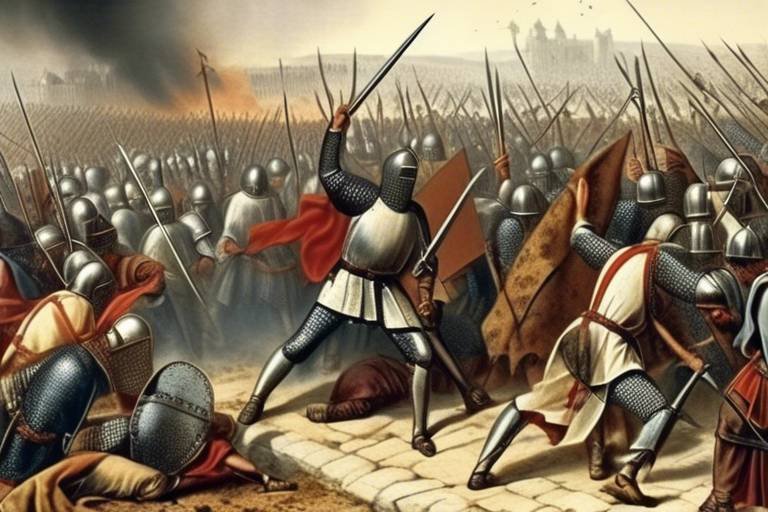The Role of the Roman Empire in Spreading Christianity
When delving into the intricate tapestry of history, one cannot overlook the profound impact of the Roman Empire on the dissemination of Christianity. The journey of this influential faith, from its humble beginnings to becoming a dominant force, intertwines closely with the rise and fall of the mighty Empire. The Romans, known for their military prowess and administrative acumen, played a pivotal role in shaping the destiny of Christianity, steering it through tumultuous waters towards eventual acceptance and prominence.

Early Christian Persecution
Early Christian Persecution was a defining period in the history of Christianity, marked by intense hostility and opposition from the Roman Empire. In the early days of the faith, followers of Christianity faced severe challenges, including persecution, discrimination, and even martyrdom for their beliefs. The Roman authorities viewed Christianity as a threat to the traditional Roman gods and the stability of the Empire, leading to widespread efforts to suppress and eradicate the growing Christian community.
The persecution of early Christians took various forms, ranging from social ostracism to violent acts of persecution. Christians were often scapegoated for societal ills and accused of disloyalty to the Empire due to their refusal to participate in traditional Roman religious practices. The martyrdom of prominent figures like St. Stephen and St. Polycarp became symbols of steadfast faith in the face of persecution, inspiring other believers to remain steadfast in their convictions.
Despite the challenges and dangers they faced, early Christians remained resilient in their faith, forming tight-knit communities to support one another and preserve their beliefs. The persecution they endured only served to strengthen their resolve and commitment to spreading the message of Christianity, even in the face of grave adversity.
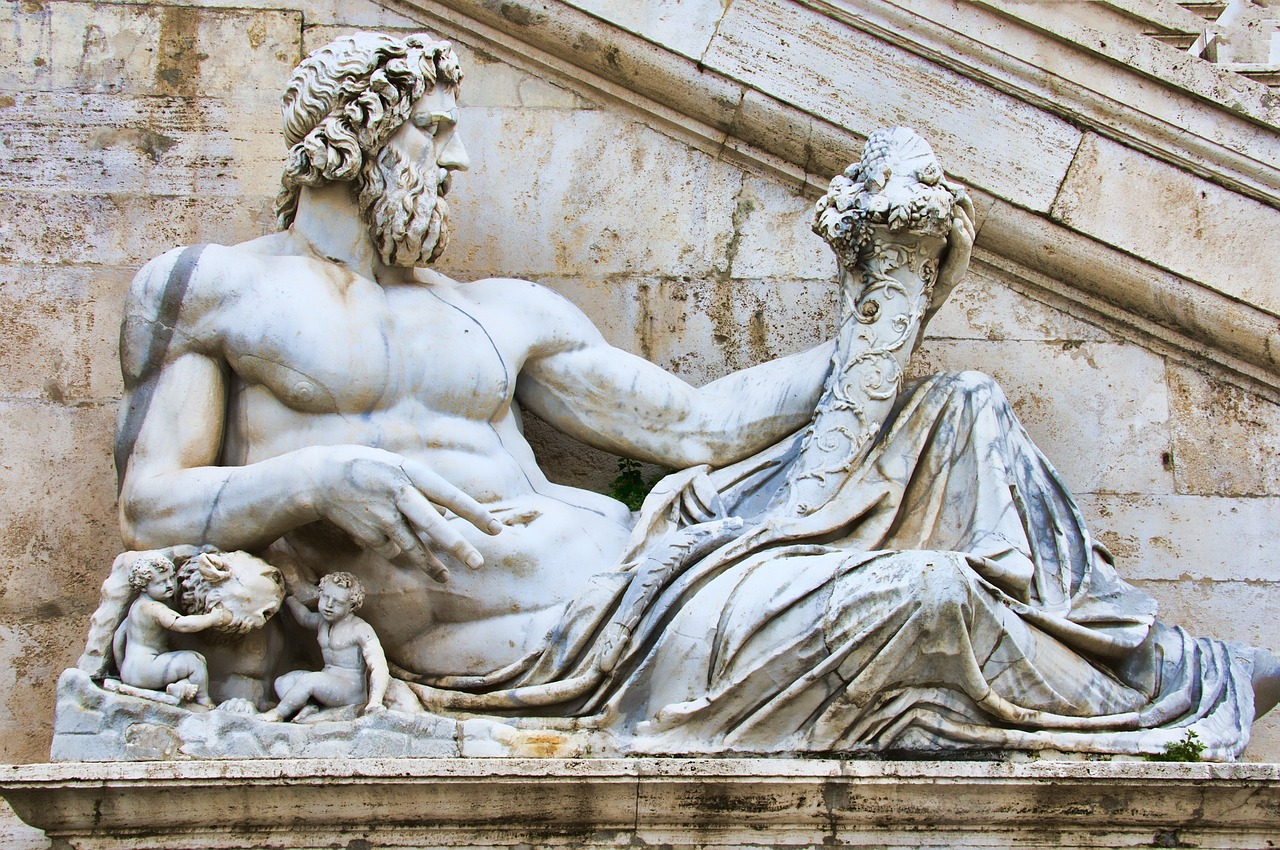
Edict of Milan
Exploring how the Roman Empire influenced the spread of Christianity, from persecution to eventual adoption as the state religion, shaping the development and expansion of the faith.
Discussion on the Roman Empire's initial opposition to Christianity, including the martyrdom of early believers and the challenges faced by the early church.
Examining the significance of the Edict of Milan in 313 AD by Emperor Constantine, which granted religious tolerance to Christians and marked a turning point in the Empire's stance towards the faith.
Exploring how Emperor Constantine's conversion to Christianity impacted the religion's status and led to its eventual acceptance within the Empire.
Detailing the process of the Christianization of the Roman Empire, including the construction of churches, the influence of Christian leaders, and the integration of Christian beliefs into Roman society.
Highlighting the contributions of influential Church Fathers like Augustine of Hippo and Jerome in shaping Christian theology and spreading the faith throughout the Empire.
Explaining the significance of the Council of Nicaea in 325 AD, where key Christian doctrines were established and unity within the faith was promoted under the sponsorship of the Roman Emperor.
Examining the implications of Christianity becoming the official state religion of the Roman Empire under Emperor Theodosius in 380 AD, leading to widespread adoption and influence.
Reflecting on the lasting impact of the Roman Empire's role in spreading Christianity, including the development of Christian institutions, practices, and beliefs that continue to shape the faith today.
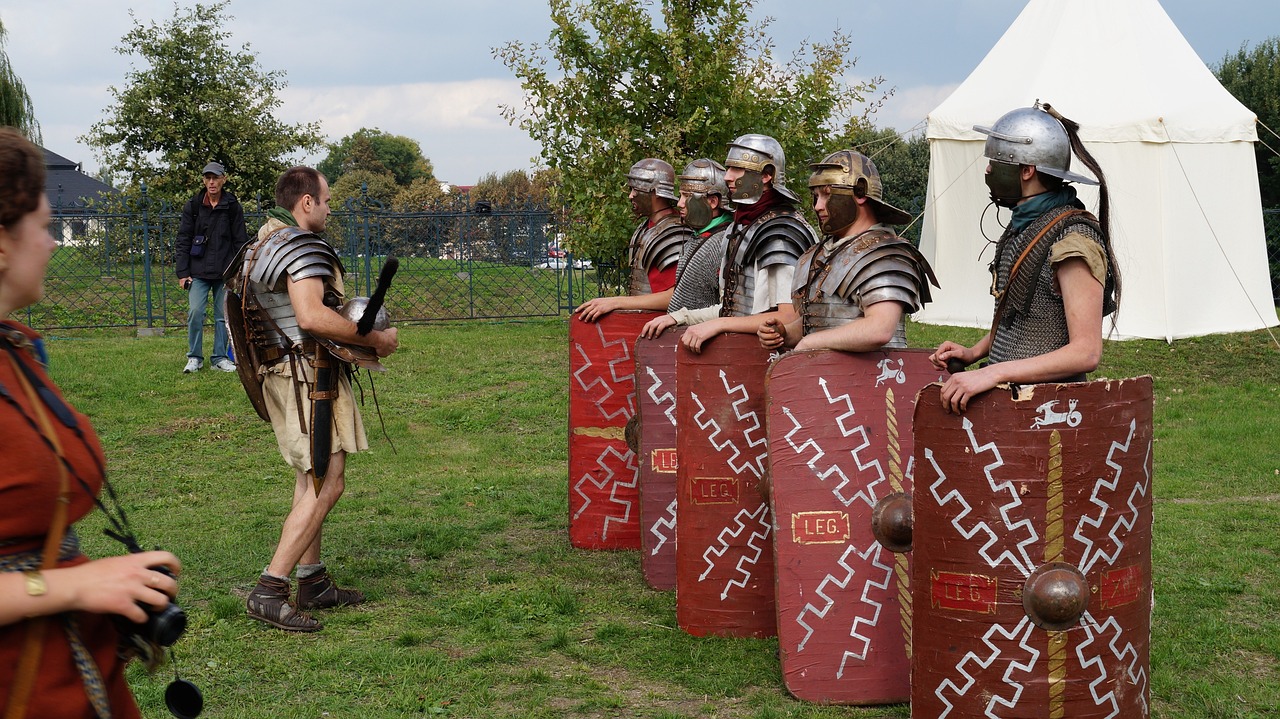
Conversion of Constantine
When discussing the spread of Christianity in the Roman Empire, one cannot overlook the pivotal moment of Emperor Constantine's conversion to the faith. The conversion of Constantine was a significant turning point that had profound implications for the future of Christianity within the Empire. Constantine's embrace of Christianity not only altered his personal beliefs but also had a ripple effect on the entire Roman society.
Imagine the impact of the most powerful ruler in the Empire openly declaring his allegiance to Christianity. It was akin to a seismic shift, sending shockwaves through the social and political fabric of the Roman world. Constantine's conversion brought legitimacy and acceptance to Christianity, a religion that had previously faced persecution and marginalization.
With Constantine's newfound faith, Christianity began to receive imperial favor and support. The Emperor's conversion led to the end of persecution against Christians and paved the way for the religion to flourish openly. This newfound freedom allowed Christianity to grow rapidly and establish itself as a prominent force within the Roman Empire.
Constantine's conversion not only changed the status of Christianity but also transformed the religious landscape of the Empire. Churches were built, clergy gained influence, and Christian beliefs started to permeate various aspects of Roman life. The conversion of Constantine marked a significant step towards the Christianization of the Roman Empire.
Furthermore, Constantine's embrace of Christianity set the stage for the Council of Nicaea in 325 AD, where key Christian doctrines were established and unity within the faith was promoted under the sponsorship of the Roman Emperor. The conversion of Constantine was not just a personal choice but a catalyst for the widespread acceptance and institutionalization of Christianity within the Empire.

Christianization of the Empire
The Christianization of the Roman Empire marked a profound shift in the religious landscape, as Christianity gradually transformed from a persecuted minority to a dominant force shaping the Empire's culture and values. The process of Christianization was multifaceted, encompassing not only the construction of grand churches and the establishment of Christian communities but also the integration of Christian beliefs into the fabric of Roman society.
One of the key aspects of the Christianization of the Empire was the proliferation of churches and religious structures across Roman territories. These churches served as focal points for Christian worship and community gatherings, symbolizing the growing influence of the faith. The construction of these churches not only provided physical spaces for religious activities but also served as visible reminders of the spread of Christianity.
Moreover, influential Christian leaders played a crucial role in the Christianization process by disseminating the teachings of the faith and guiding believers in their spiritual journey. Figures like Augustine of Hippo and Jerome were instrumental in shaping Christian theology and doctrine, contributing to the intellectual and theological development of the Church.
As Christianity gained prominence within the Empire, Christian values and principles began to permeate various aspects of Roman society. The ethical teachings of Christianity, such as compassion, charity, and forgiveness, gradually influenced social norms and behaviors, leading to a shift in cultural attitudes and practices.
Additionally, the Christianization of the Empire involved the gradual adoption of Christian beliefs by the Roman populace, as traditional pagan practices gave way to Christian rituals and ceremonies. This transition was not without challenges, as it required reconciling existing Roman customs with the tenets of Christianity, leading to a process of syncretism and adaptation.
In essence, the Christianization of the Roman Empire represents a pivotal moment in the history of Christianity, as the faith transitioned from a persecuted sect to the established religion of a vast and diverse empire. The integration of Christianity into the fabric of Roman society laid the foundation for the enduring legacy of Christian influence in Western civilization.

Role of Church Fathers
The Church Fathers played a pivotal role in shaping the early Christian church and spreading the faith throughout the Roman Empire. These influential figures, including Augustine of Hippo and Jerome, were renowned for their theological contributions and leadership in guiding the development of Christian doctrine.
Augustine of Hippo, also known as Saint Augustine, was a prominent theologian and philosopher whose writings profoundly influenced Christian theology. His work on original sin, divine grace, and the concept of the City of God laid the foundation for many core Christian beliefs. Augustine's Confessions remains a classic in Christian literature, offering insights into his spiritual journey and reflections on faith.
Jerome, often referred to as Saint Jerome, was a scholar and translator known for his Vulgate translation of the Bible into Latin. This translation became the standard version of the Bible in the Western Church for centuries, contributing to the widespread dissemination of Christian scripture and doctrine. Jerome's commitment to scholarship and his dedication to preserving and translating biblical texts were instrumental in making the Bible accessible to a broader audience.
These Church Fathers not only contributed to the theological development of Christianity but also played key roles in defending the faith against heresies and promoting unity within the church. Their writings and teachings provided guidance to believers and clergy, shaping the beliefs and practices of the early Christian community.
Moreover, the intellectual and spiritual legacy of the Church Fathers continues to influence Christian thought and theology to this day. Their profound insights and enduring contributions have left an indelible mark on the history of Christianity, demonstrating the enduring impact of their role in the spread and development of the faith.
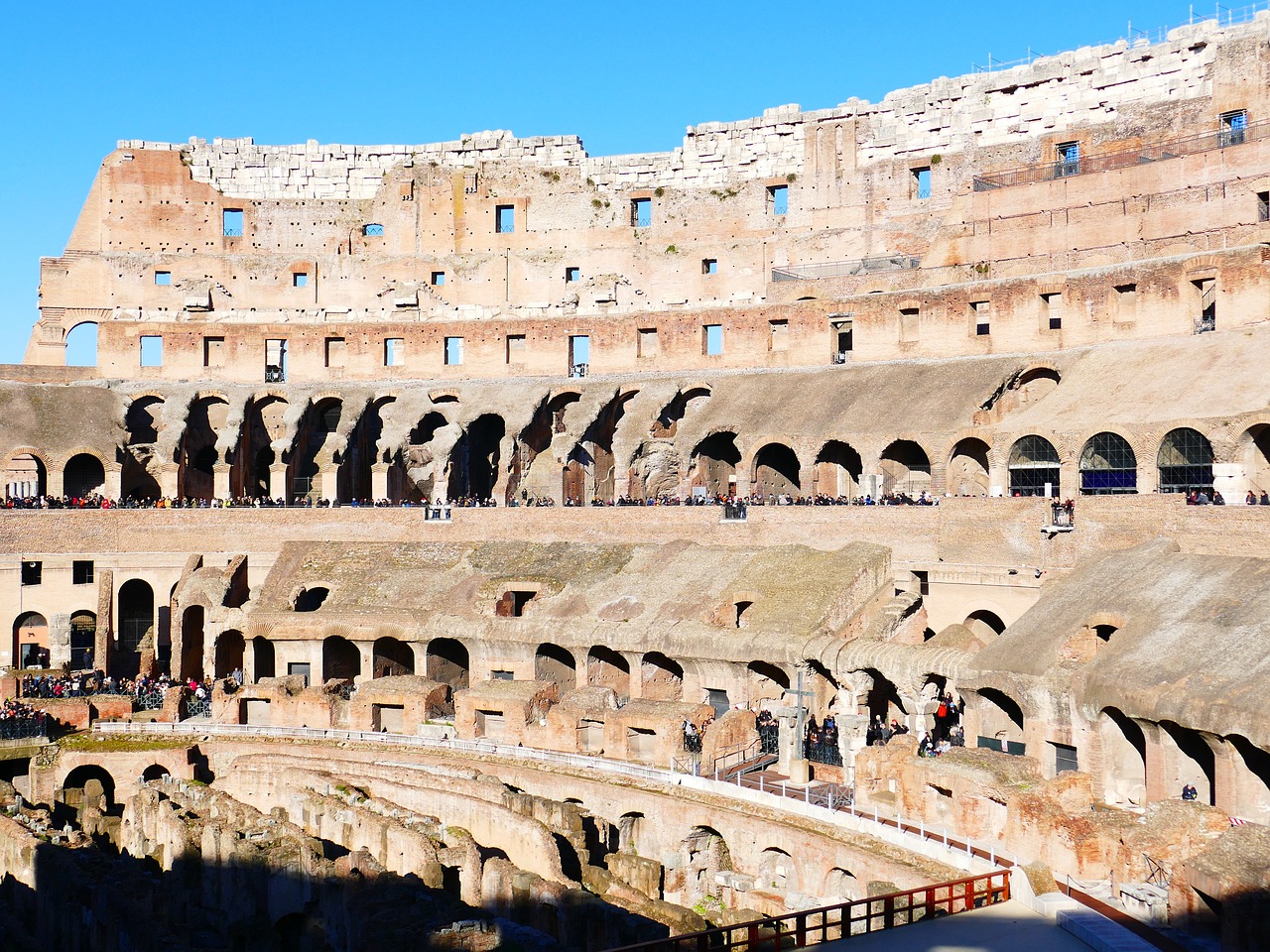
Council of Nicaea
The Council of Nicaea, convened in 325 AD, holds a pivotal place in Christian history. This historic gathering, sponsored by Emperor Constantine, aimed to address theological disputes within the early Christian community. One of the primary objectives was to establish a unified understanding of key Christian doctrines to combat the growing divisions and controversies that threatened the cohesion of the faith.
At the Council of Nicaea, over 300 bishops from across the Roman Empire came together to deliberate on crucial matters of faith. One of the central issues discussed was the nature of the relationship between God the Father and Jesus Christ, known as the Arian controversy. The council ultimately affirmed the divinity of Christ, declaring Him to be of the same substance as the Father, thus rejecting the teachings of Arius.
Furthermore, the Council of Nicaea played a significant role in solidifying the structure of the early Christian Church. It established the date for Easter, issued decrees on church governance, and set guidelines for the ordination of clergy. The Nicene Creed, formulated during this council, remains a foundational statement of Christian belief, emphasizing the core tenets of the faith.
Overall, the Council of Nicaea not only addressed theological disputes but also laid the groundwork for doctrinal unity and ecclesiastical organization within Christianity. Its decisions shaped the course of Christian theology and practice for centuries to come, leaving a lasting impact on the development of the faith.

Christianity as the State Religion
When Christianity became the official state religion of the Roman Empire under Emperor Theodosius in 380 AD, it marked a significant turning point in the history of the faith. The adoption of Christianity as the state religion had far-reaching implications that reshaped the religious landscape of the Empire. With the official endorsement of Christianity, the religion gained widespread acceptance and influence, solidifying its position as a dominant force in Roman society.
The declaration of Christianity as the state religion brought about a series of changes in the Empire. Churches were constructed on a grand scale, reflecting the newfound importance and prominence of the Christian faith. These monumental structures served not only as places of worship but also as symbols of the Empire's alignment with Christianity. The state's support for the construction of churches highlighted the official recognition and promotion of the religion.
Moreover, the elevation of Christianity to the status of the state religion led to the integration of Christian beliefs and practices into various aspects of Roman life. The influence of Christian values permeated societal norms, laws, and customs, shaping the moral fabric of the Empire. As Christianity became more deeply entrenched in the state apparatus, its teachings began to influence the governance and policies of the Empire, further solidifying its position as the dominant faith.
Emperor Theodosius' decree establishing Christianity as the state religion not only transformed the religious landscape of the Roman Empire but also had long-lasting effects on the development of Christianity as a whole. The official endorsement of Christianity paved the way for the establishment of Christian institutions, the proliferation of Christian teachings, and the spread of the faith to new regions beyond the borders of the Empire.
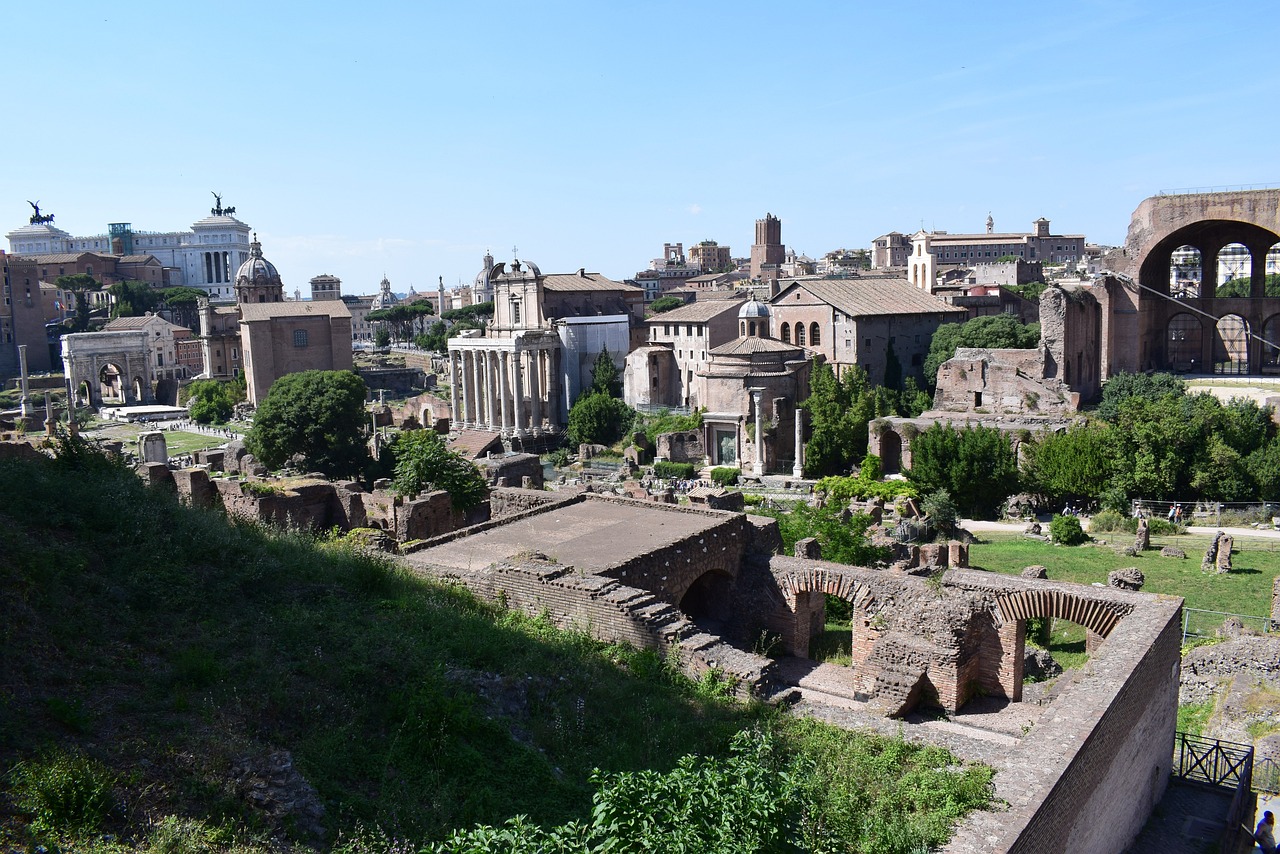
Legacy of Roman Christianity
When we look back at the history of Christianity, it's impossible to ignore the profound impact of the Roman Empire. The legacy of Roman Christianity reverberates through centuries, shaping the very core of the faith we know today. The Empire's role in spreading Christianity goes beyond mere historical significance; it laid the foundation for the development of Christian institutions, practices, and beliefs that continue to influence believers worldwide.
One of the most enduring legacies of Roman Christianity is the architectural marvels left behind by the early Christian communities. Churches, basilicas, and cathedrals erected during the Christianization of the Empire stand as a testament to the enduring faith of believers. These structures not only served as places of worship but also as symbols of the growing influence of Christianity within Roman society.
Furthermore, the integration of Christian beliefs into the fabric of Roman culture left an indelible mark on the Empire. The ethical teachings of Christianity, emphasizing love, compassion, and forgiveness, gradually permeated Roman society, influencing laws, social norms, and moral values. This fusion of Roman and Christian values laid the groundwork for the moral framework of Western civilization.
Moreover, the intellectual contributions of influential Church Fathers like Augustine of Hippo and Jerome played a pivotal role in shaping Christian theology and doctrine. Their writings and teachings not only defended the faith against heresies but also provided a theological foundation that continues to guide Christian thought and practice to this day.
Additionally, the Council of Nicaea in 325 AD, convened under the sponsorship of the Roman Emperor, marked a significant milestone in the history of Christianity. At the council, key Christian doctrines were established, and unity within the faith was promoted, setting the stage for the widespread dissemination of orthodox Christian beliefs throughout the Empire.
In conclusion, the legacy of Roman Christianity is a tapestry woven with threads of faith, resilience, and cultural exchange. The enduring impact of the Roman Empire's role in spreading Christianity continues to shape the beliefs and practices of millions of Christians worldwide, serving as a testament to the enduring power of faith in shaping human history.
Frequently Asked Questions
- What role did the Roman Empire play in the spread of Christianity?
The Roman Empire had a significant impact on the spread of Christianity, initially persecuting believers but later adopting it as the state religion. This shift in attitude helped Christianity to expand throughout the Empire and influence its culture.
- How did the Edict of Milan affect the status of Christians in the Roman Empire?
The Edict of Milan, issued by Emperor Constantine in 313 AD, granted religious tolerance to Christians, marking a turning point in the Empire's treatment of the faith. This edict allowed Christians to practice openly and paved the way for Christianity to become widely accepted.
- Who were some influential Church Fathers and what role did they play in spreading Christianity?
Key Church Fathers like Augustine of Hippo and Jerome made significant contributions to Christian theology and the dissemination of the faith. Their writings and teachings helped shape the early church and promote the spread of Christianity throughout the Roman Empire.
- What was the significance of the Council of Nicaea in the development of Christianity?
The Council of Nicaea, convened in 325 AD, played a crucial role in establishing key Christian doctrines and promoting unity within the faith. Under the sponsorship of the Roman Emperor, this council helped solidify the foundations of Christianity and address theological disputes.
- How did the declaration of Christianity as the state religion impact the Roman Empire?
When Christianity was declared the official state religion of the Roman Empire in 380 AD by Emperor Theodosius, it led to widespread adoption and influence of the faith. This decision had profound implications for the Empire's culture, governance, and religious practices.


